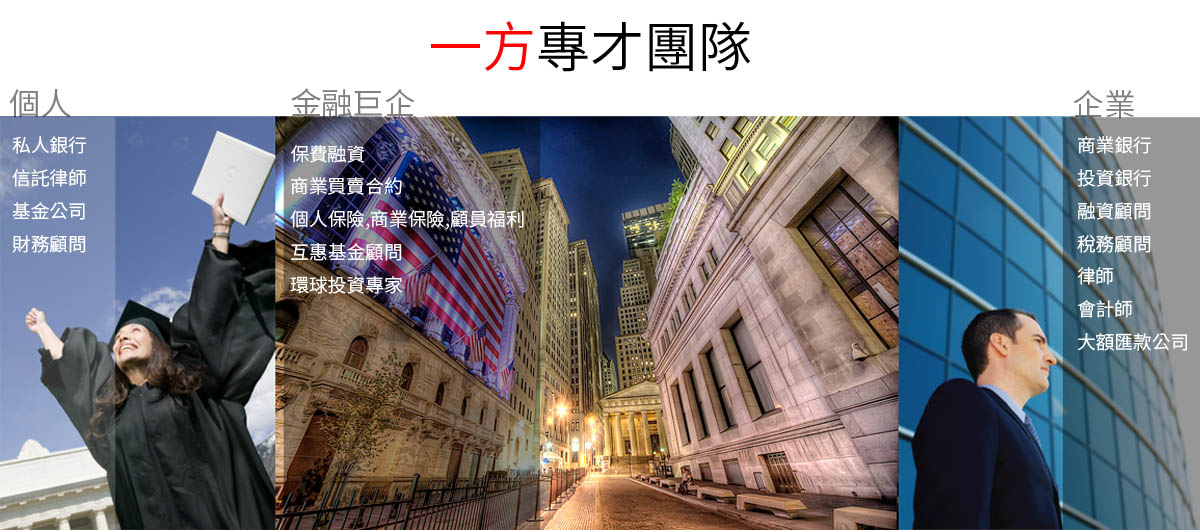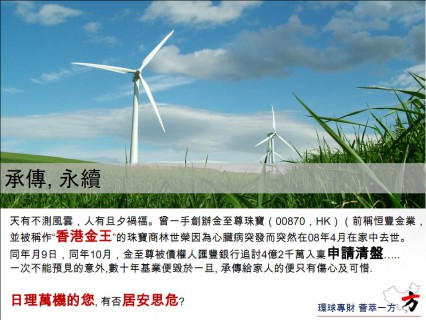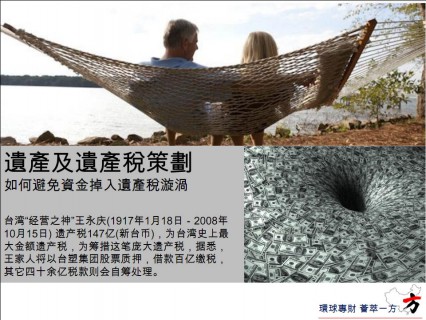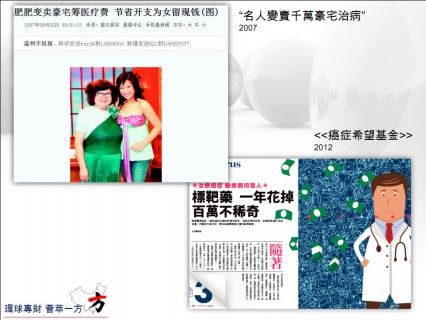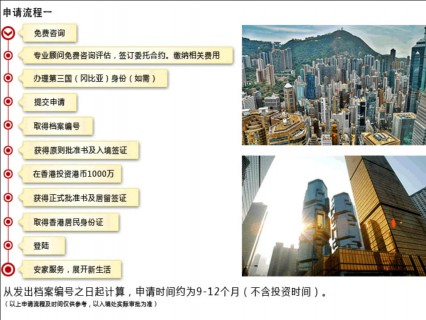OPC Investments.
Your Seamlessly unlimited support partner
OUR AGENCY'S LEADERS
Our team leaders included wide range of Funds, EFTs, Stocks Market, IRA fields, please don’t hesitate to contact for free.
Title separator
What is a mutual fund?
Mutual funds pool money from many investors to purchase a broad range of investments, such as stocks, bonds, cash, or other types of securities. They’re an efficient way to begin investing and building a portfolio.
How a mutual fund works
Mutual funds can be an efficient, cost-effective way to invest. When you make an investment in a fund, you purchase shares of the fund, which means you own a portion of all of the underlying investments. A mutual fund can help provide built-in diversification, professional management, and ongoing supervision of the fund’s holdings—all important elements of a well-rounded investment program.
What is an ETF?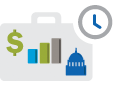
An ETF, or exchange-traded fund, is a single investment that generally holds a basket of securities (such as stocks, bonds) and trades like a stock. It can offer built-in diversification similar to an
, but it differs in that you can buy or sell shares anytime throughout the trading day.
How an ETF works
When you own an index ETF, you own a single investment representing a basket of chosen securities (such as stocks and bonds) that typically tracks to an index. The value of the ETF fluctuates with the value of the underlying index. In that sense, an index ETF is similar to an index mutual fund, but
What is a stock?
A stock is an ownership share in a corporation. As a company’s earnings improve, investors generally become more willing to buy the stock. Ultimately, stock investors hope to achieve gains in the form of dividends paid to stockholders (although not all stocks pay dividends) and in the form of
Building and managing a portfolio of individual stocks takes a lot of time, effort, and money—which is why many investors find mutual funds or ETFs to be a more time-efficient and cost-effective solution.
How a stock works
When you buy a share of stock, you’re entitled to a small fraction of the assets (and dividends, if the company’s management chooses to pay them) of that company. The value of the stock is set by many people trading it in a free, open market—most often a stock exchange. The price of a stock fluctuates according to supply and demand, with many factors influencing these two broad aspects of stock prices.
 What is a bond?
What is a bond?
Cities, states, the federal government, and corporations issue bonds to raise capital for purposes such as building roads, improving schools, opening new factories, and buying the latest technology. When you invest in a bond, you become one of the bond issuer’s lenders. In fact, a bond is like an IOU—a promise from the borrower to pay back the money you’ve loaned, with interest.
How a bond works
What are cash investments?
Options for investing your cash include certificates of deposit (CDs) and money market funds. With CDs, you choose a specific amount of time to invest your money, and at the end of that time period you receive your money back along with interest. Money market funds are mutual funds that hold a portfolio of high-quality, short-term investments. They pay a variable yield based on the performance of those investments.
How cash investments work
Cash investments provide a return in the form of interest payments. They are typically lower risk than other investment options, such as individual stocks or stock funds, but also typically offer a lower return.
What to consider before choosing a cash investment
Before choosing a cash investment, consider why you are holding the cash and how you plan to use it. Depending on what you plan to do with your cash, you may have specific preferences for liquidity, a fixed versus variable yield, and FDIC insurance.
A OPC IRA is an Individual Retirement Account to which you make contributions with after-tax dollars. The benefits of a OPC IRA are that your contributions can grow tax-free and you can generally make withdrawals tax- and penalty-free after you reach age 59½

